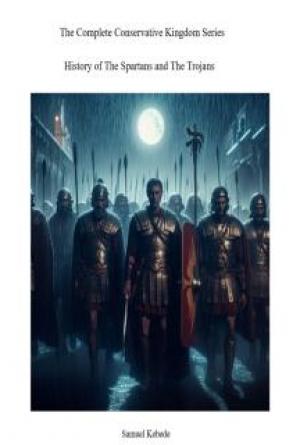A Reader’s Manual
This booklet should not be used as a tool to understand the Middle East, because everyday new alliances are formed, and new conflicts appear. As I write this document in December 2014, Qatar has declared its support to the Egyptian president Al-Sisi, in order to normalize its relations with the other Arab countries, as you can read at the following Yahoo article, titled “Qatar gives 'full support' to Sisi's Egypt”, December 2014.
http://news.yahoo.com/qatar-gives-full-support-sisis-egypt-181059129.html
At the same time the Saudis have met with the Iranian Foreign Minister, in an effort to normalize the relations between the two countries, as you can read in the following article of the Times of Iran, titled “Saudi Arabia invites Zarif to come and talk peace”, December 2014.
http://iran-times.com/saudi-arabia-invites-zarif-to-come-and-talk-peace/
Maybe there are many other changes that I am not aware of. What I am trying to say is that alliances and conflicts in the Middle East change every day. What remains constant is oil and natural gas. Therefore what a person reading this booklet should keep in mind, is that the Middle East should always be examined under the prism of oil and natural gas. All other information is only important for someone who wants to become a specialist in the Middle East or an academic. For all of us who simply want to understand the wars in the Middle East, oil and natural gas will do the job.







